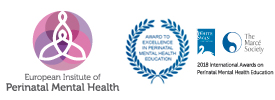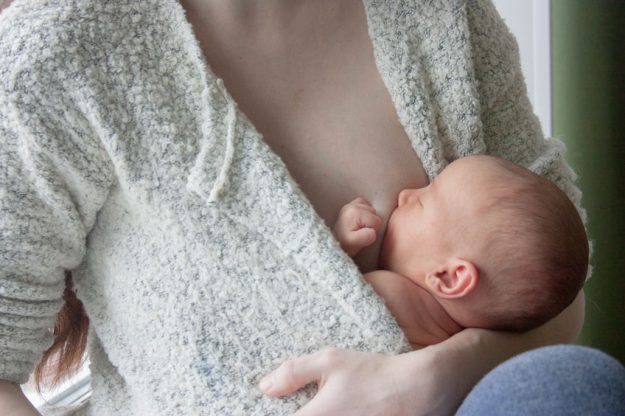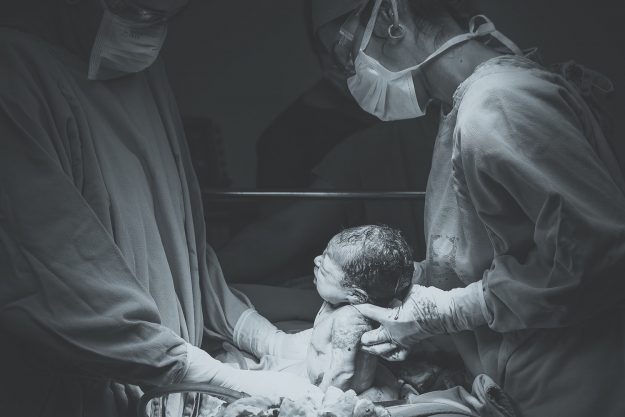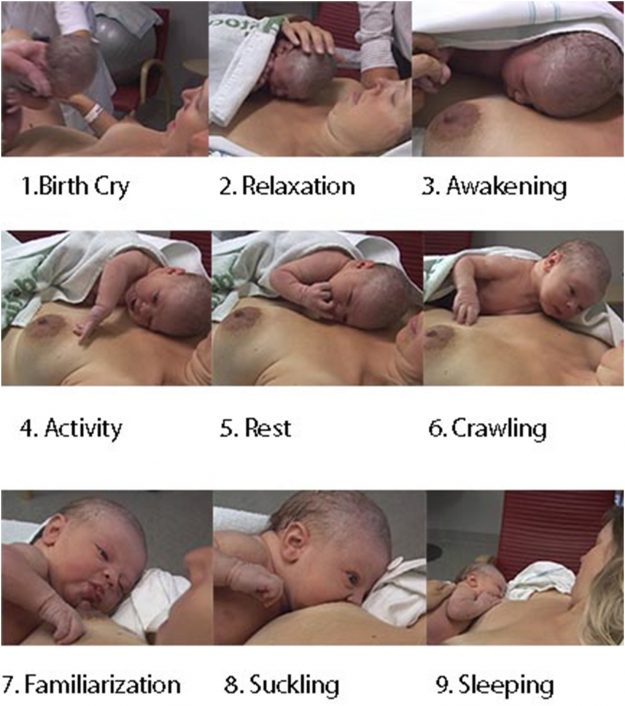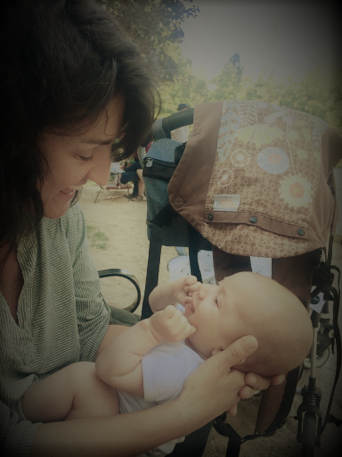Kangaroo care in term infants favors neurodevelopment and emotional regulation
As the world prioritizes physical distance to detain or slow down the spread of coronavirus (COVID-19), a new study from Florida Atlantic University shows that physical contact between mother and infant is essential for optimal neurological development, maturation and regulation during infancy. Mother-infant dyads show high oxytocin levels and are less impacted by stress, which…

